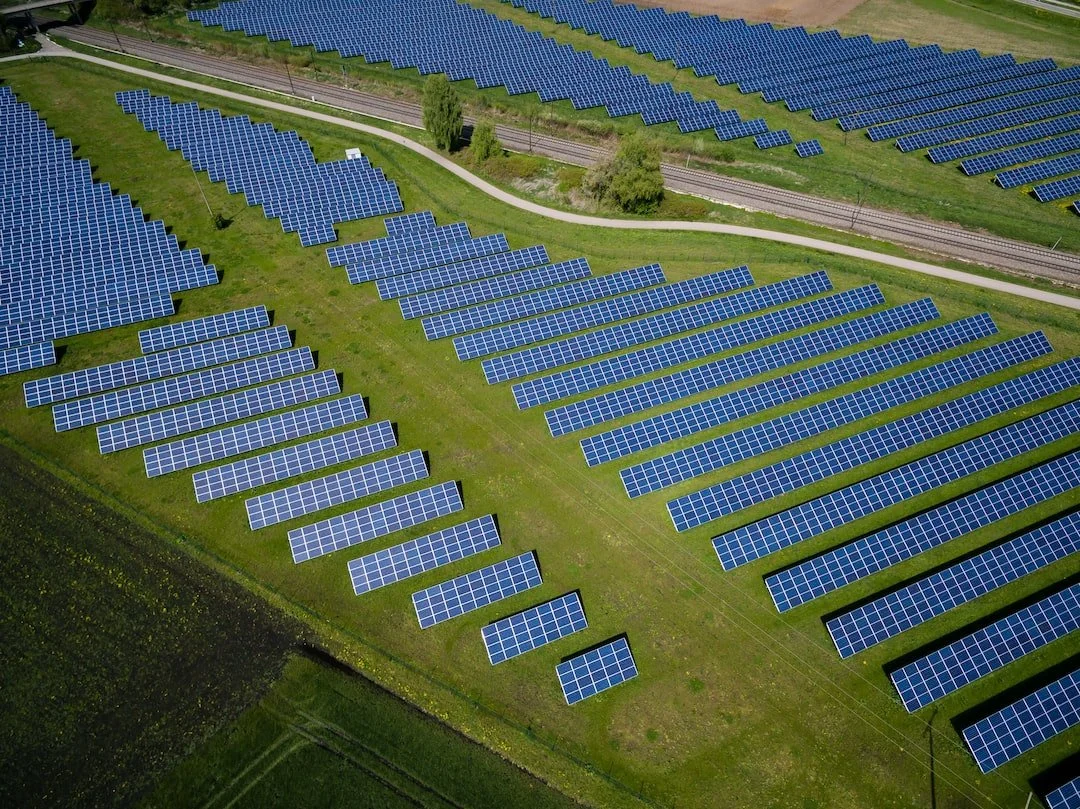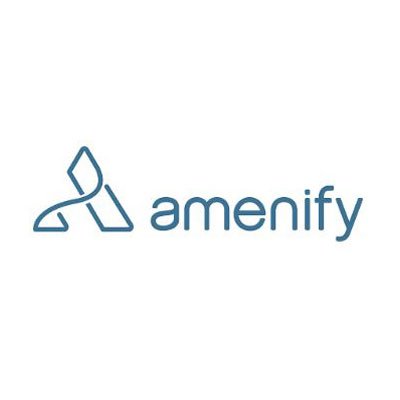
Impactful commercial solar farm projects that pay property owners, reduce electricity bills, and reward investors.
Do you own commercial property or land? See what you can earn.
We pay property owners to host solar farms. Hosts gain stable income, subsidize asset maintenance costs, and increase NOI.
When you win, your community wins too. Affordable, dependable energy from solar farms improves community health, safety, and economic security.
Ensure the best offer
Have you recently received an offer to lease your property for solar farm development? A solar lease is a 20+ year commitment, make sure you’re getting the best terms for your lease. By evaluating attributes like location, slope, zoning, and wetlands we can quickly make an offer you can compare.
Solar Farms: A Sustainable Investment for Your Property
Solar farms are an excellent way to boost revenue on your land while preserving it for future generations. By opting for solar leases, you can tailor the terms to meet various financial objectives, whether it's planning for retirement, funding land or property upgrades, or securing a consistent long-term income.
At Impact Renewable Partners, we collaborate with property owners and top-tier developers to expand into emerging markets. This includes regions where solar incentives and legislation are still in the developmental phase.
Embarking on your solar farm journey is straightforward with us by your side. The initial step involves assessing your property's location, size, and its potential for solar development. Next, you'll receive a non-binding offer letter detailing the terms of your solar lease. The last step to get started is our owner-friendly lease agreement for 20+ years.
Contrary to popular belief, solar farms aren't exclusively built in open fields. In numerous states, large rooftops—spanning commercial, retail, and logistics properties—can house solar farms. Hosting a rooftop solar farm not only enhances your Net Operating Income (NOI) but also ensures that your core business remains unaffected. Plus, transferring solar leases is hassle-free, and any building maintenance can be funded through your solar lease.
Reach out today to learn more, and discover the hidden value of your property.
Learn More About Our Key Markets
What’s new, who benefits from solar farms, and how do they work in different states?
-
Massachusetts is a leading state in the adoption of renewable energy through Community Solar programs, and a new wave of solar development has created exciting opportunities for property owners.
The Massachusetts Community Solar market has built on the success of the SMART (Solar Massachusetts Renewable Target) program, creating a robust framework for growth. This program enables customers to subscribe to local solar projects, even if they can't install panels on their own property. This means renters, condo owners, and others who previously couldn't go solar can now benefit from clean energy.
By leasing land or rooftop for a community solar project, property owners can generate a reliable income stream while contributing to Massachusetts' clean energy goals.
Community Solar provides the following benefits to property owners in Massachusetts:
Stable Income: Leasing your land, rooftop, or parking area provides a consistent revenue stream from a credit tenant for 20+ years
Minimal Upkeep: You're not responsible for the operation or maintenance of the solar panels. We handle everything
Environmental Stewardship: Play a vital role in expanding access to clean energy and reducing carbon emissions in Massachusetts
Increased Property Value: Hosting a community solar project can make your property more attractive to buyers
SMART Program Benefits: The SMART program incentives can benefit both the project developer and potentially, indirectly, the landowner through competitive lease rates.
If you're interested in learning more about Community Solar in Massachusetts, you can visit the SMART Program website or contact your local utility.
-
Maryland Community Solar Program Update:
Maryland's permanent community solar program is off to a strong start, with over 100 megawatts of capacity already subscribed. The program, which initially launched as a pilot in 2017, allows customers to subscribe to solar projects even if they don't have solar panels on their own property. This has made community solar a popular option for renters, homeowners who can't install solar panels, and businesses.
The program has been a boon to landowners and communities, creating jobs and stimulating investment in clean energy. It has also helped Maryland meet its renewable energy goals. In 2022, Maryland generated 17% of its electricity from renewable sources, including solar.
The community solar program is expected to continue to grow in the coming years. As more people learn about the benefits of community solar, it is likely to become a more popular option for those looking to reduce their carbon footprint and save money on their energy bills.
Here are some additional details about Maryland's community solar program:
The program is administered by the Maryland Public Service Commission (PSC).
Customers can subscribe to community solar projects through their utility company.
Customers who subscribe to community solar projects receive credits on their utility bills for the electricity their share of the project generates.
The credits are based on the amount of electricity that is generated by the project and the customer's share of the project.
Customers can subscribe to community solar projects regardless of whether they have solar panels on their own property.
The program is open to all customers, regardless of income.
If you are interested in learning more about community solar in Maryland, you can visit the PSC's website or contact your utility company.








